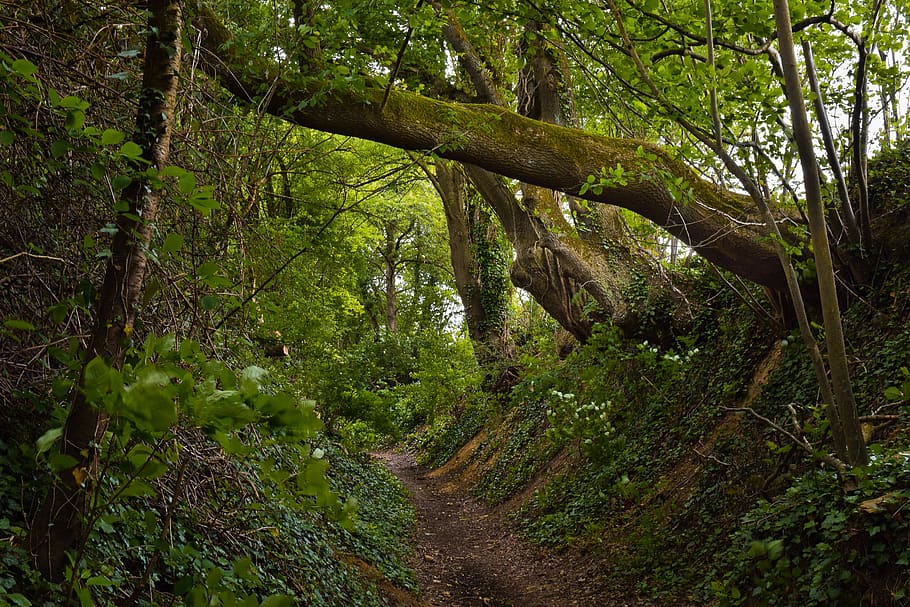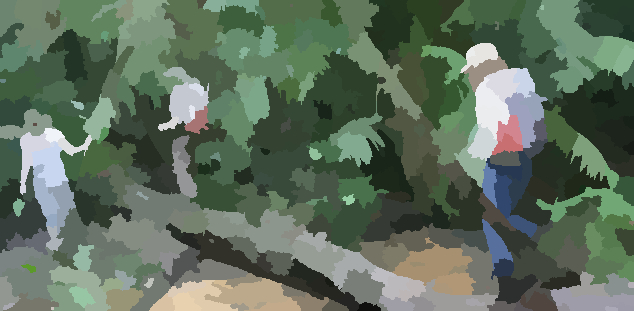“Learning is not what it used to be..” – if you hear someone lamenting thus, it is easy to brand them as nostalgists. But even the deeply unromantic would agree that this is true and is even an understatement.
Yes – Learning and Teaching have changed so much over the past couple of decades.

The image of a teacher, standing tall on a pedestal and doling out pearls of wisdom to the innocent and eager pupils in front, had been the symbol of Education from ancient times to the recent past. The teacher possessed knowledge, acquired through years of dedicated learning and contemplation. She gave it out in the form of grand theories, formulae, tips, tricks, stories and insights and the learners diligently lapped them up. Back home, the students churned together all those things they thus gathered and brewed them into a problem-solving elixir. They often took generous help from parents, private tutors, siblings, neighbors and whoever else they could get help from. Thus you could, in some ways, say – it took a ‘village’ to educate a child.
Boy, has the World changed now!

A key role the teacher had played was that of an information filter. She was expected to filter the right information from the wrong one – almost like how the mythical Swan separated milk from water. But now the teacher is only one of the channels of information. The students in the class are not those innocent souls anymore – but are informed and often corrupted by the information revolution. The information the teacher had accrued over years is now available to them just half-a-click away. These range from the crisp and engaging video monologues of Sal Khan (the Khan Academy fame) to the many phony Youtube videos peddling pseudo-sciences. It is really an information jungle out there!
The kids languishing in this jungle cannot often tell the life-giving plants from the poisonous ones. They are lost between the real paths and the camouflaged traps – often not even knowing that they are lost.
Many teachers are not equipped to deal with this new world either. Many are also intimidated by the new landscape.
The ‘village’ also cannot help anymore – with the problems looking so different and the tools and techniques so unfamiliar. They are petrified by the new world that is intruding their children through mobile phones and even the television.
So how does one cope in this world?
The teacher cannot stay at the pedestal and look tall anymore. She has to hike along with the students, tuning in to the murmurs and shadows of the ‘jungle’. She has to handle the unpredictability of the jungle, using her wisdom to decide which paths to take and which ones to avoid. She may have to rein in the raw enthusiasm of the students that tempts them to take some of the dangerous paths, but not quelling their curiosity to look for new ones. She has to be open to the possibility of new paths being unveiled and some even being made. After all, as they say, in a jungle, paths are made by the wishes and feet of the trekkers.

The students can no longer expect learning to be the simple-minded tracing of preset paths in a mapped-out garden. Learning will have to emulate the complexity and uncertainty they have to face in the real world. They need to be able to quickly comprehend an unfamiliar landscape and figure out how best to move forward, towards a goal. They need to be able to manage the complexity of ill-defined and undefined learning pathways and then chose the ones that suit their individual appetites and aptitudes. Every turn in the journey could pose new choices and new opportunities. What they really need to learn is: “how to learn” – how to cope in the information jungle on their own terms!
The world may look scary – but like anything that is scary, it is also exciting!
Sankar is the founder and CEO of Silver Pi.
He had worked in Banking and Technology for about three decades before switching to Education. He is an Electrical Engineer by training, with a career in Technology and Banking across Japan, USA, Singapore and India.


10 comments